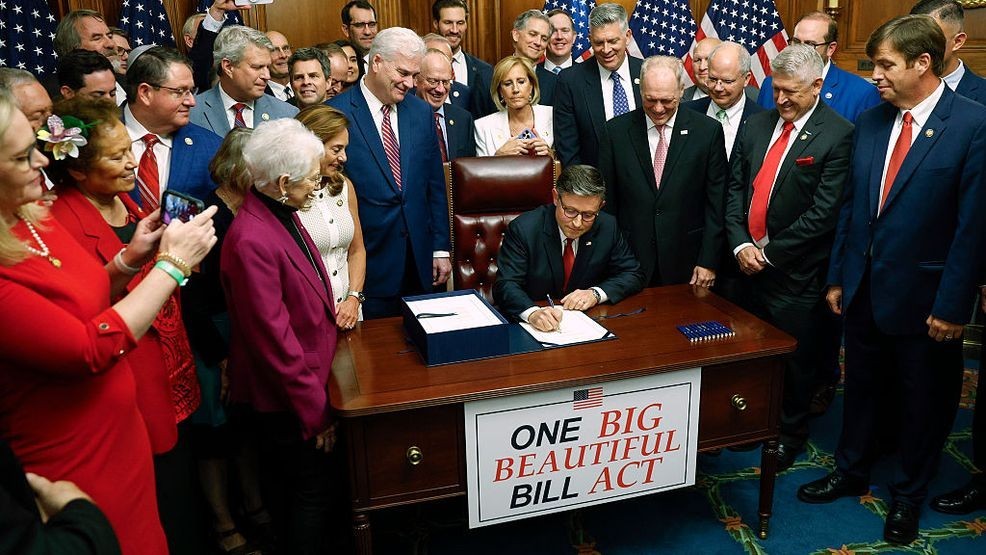
In a significant legislative development, the U.S. House of Representatives has narrowly passed President Donald Trump’s tax reform legislation, a hallmark of his economic agenda which he has referred to as the ‘One Big Beautiful Bill.’
The bill includes broad tax cuts designed to stimulate economic growth. Most of the benefits under the legislation are aimed at reducing tax burdens for corporations and higher-income individuals, aligning with the administration’s stated goal of promoting investment and job creation. However, critics argue that the cuts could significantly increase the federal deficit over the coming years.
The measure encountered stiff opposition in the House, with the final vote reflecting a nearly even split along party lines. Proponents of the bill praised its potential to simplify the tax code and encourage business expansion, while opponents expressed concern over its favoritism toward the wealthy and the insufficient relief for middle- and lower-income families.
Passage of the bill marks a critical first step, but it must still pass the Senate, where deeper negotiations are expected. Senators from both parties are preparing to offer amendments and potentially reshape key provisions of the legislation.
As the legislation progresses, economists and policy analysts will closely examine its long-term economic impact, fiscal sustainability, and effects on income inequality.
Source: https:// – Courtesy of the original publisher.








